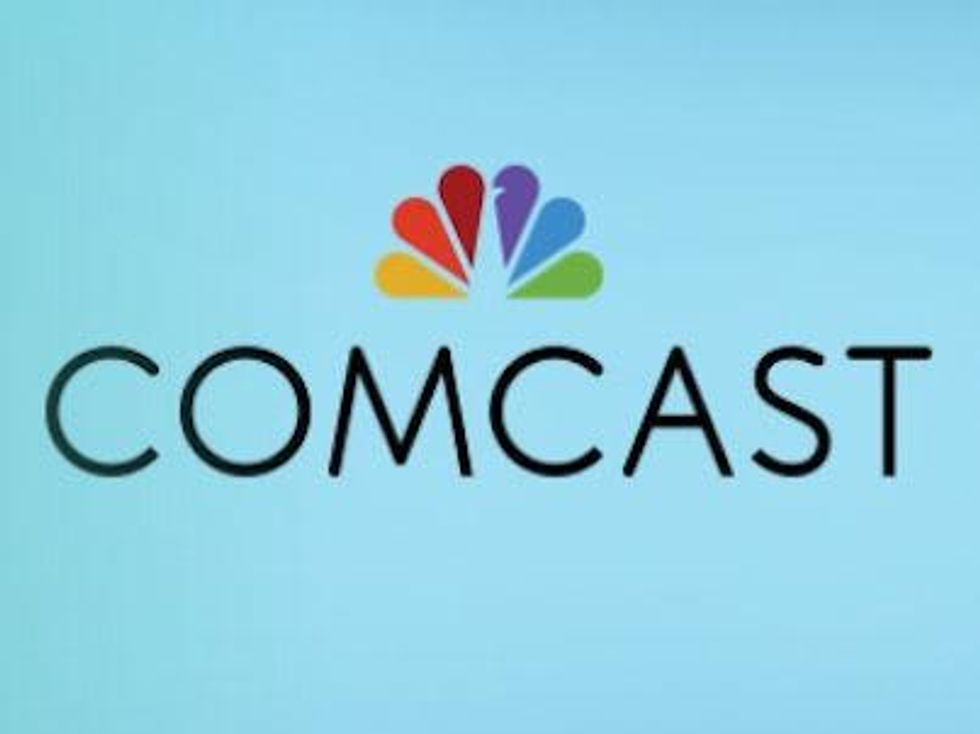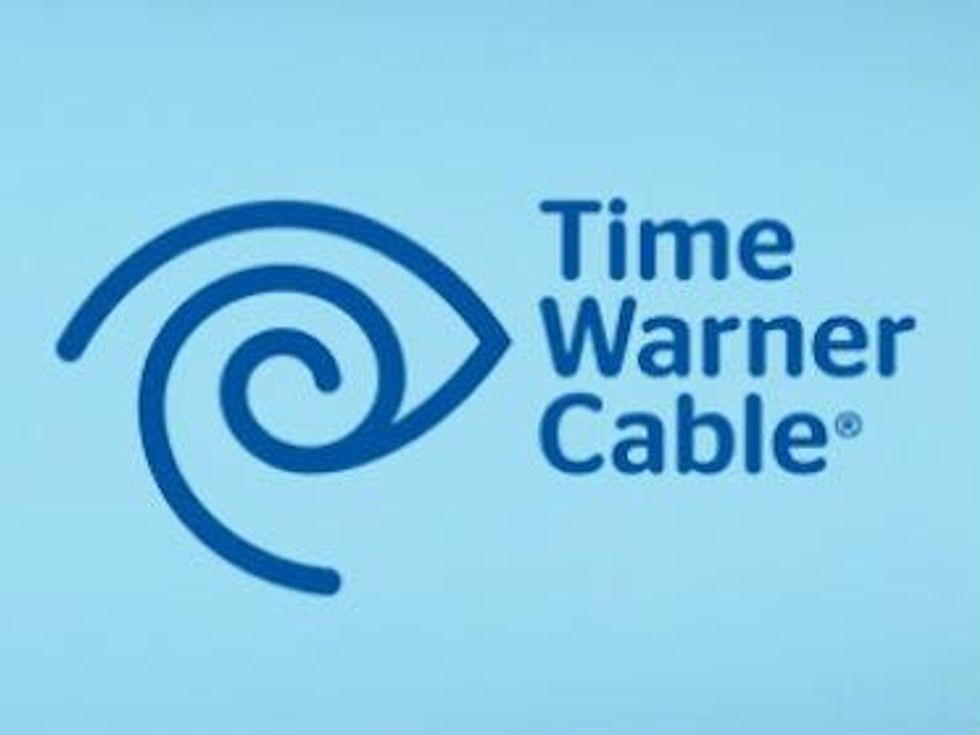Cable Combo
Would the Comcast-Time Warner merger bring better service to Austin?
We typically love to hate cable TV and Internet service providers. With the pending $45 billion merger between Time Warner Cable and Comcast, thousands of consumers in the Austin area might hate their cable and Internet service provider just a tad less.
Today, Time Warner dominates the cable TV and Internet markets in the Austin area. If the merger goes through, Comcast — which doesn’t serve the Austin area now — would be the local leader. With Time Warner’s customers, Comcast also would be the biggest cable TV company in the U.S.
Well, Time Warner and Comcast are two of the most hated companies in the U.S. in any industry.
What would this deal mean for Time Warner customers in the Austin area? Well, Time Warner and Comcast are two of the most hated companies in the U.S. in any industry. However, Comcast typically edges Time Warner in customer service surveys. Still, both companies sit at the back of the cable and Internet pack.
In a 2013 study by market research powerhouse J.D. Power and Associates, Time Warner ranked last among residential cable TV customers in three of four U.S. regions. In all four regions, Comcast hovered above Time Warner but still below the regional averages.
“As customers expand their use of alternative video service, such as over-the-top service providers Netflix and Hulu, it's important for cable and satellite TV providers to minimize service quality issues to reduce the likelihood of future customer defection,” Kirk Parsons, senior director of telecommunications at J.D. Power, said last year.
Okay, so maybe the consumers questioned by J.D. Power were particularly grumpy. Let’s look at another barometer of customer satisfaction.
Last year, consumers surveyed for the American Customer Satisfaction Index put Time Warner last among cable TV companies, right behind Comcast. In the Internet category, Comcast was one notch below Time Warner.
When the 2013 index was released, its director, David VanAmburg, said the cable TV industry’s “pattern of yearly price increases, coupled with sporadic reliability, keeps customer satisfaction low relative to other household services and vulnerable to new technologies that enter the market.”
On the Internet front, VanAmburg said high monthly bills combined with an array of service complaints left consumers with a dim view of Internet service providers. However, he noted, with even less competition in the Internet sector than the cable sector, “there is little incentive for companies to improve.”
Comcast and Time Warner fared poorly on two major benchmarks for customer satisfaction in cable TV and Internet service. What if we examine customer satisfaction in a broad range of industries? The news here isn’t any better for Comcast or Time Warner.
In Temkin Group’s 2013 study of customer service at 235 companies representing 19 industries, Time Warner’s cable TV operation placed next to last. Comcast’s cable TV service stood only five spots ahead of Time Warner’s. Meanwhile, consumers graded Comcast’s Internet service as 13th worst; Time Warner’s Internet service didn’t appear on the worst-rated list.
“Customer service often represents a key moment of truth, but TV service providers and Internet service providers regularly drop the ball,” Bruce Temkin, managing partner at Temkin Group, a customer experience research and consulting firm, said last year.
At this point, all of this bitching from consumers might make you want to throw your cable TV box out the window. But there’s a glimmer of good news.
As The Daily Beast mentioned in its coverage of the $45 billion deal, the Time Warner-Comcast marriage might not move the customer service needle in a meaningful way.
“This isn’t like Burger King buying McDonald’s, or Lowe’s buying Home Depot, in an effort to take out a competitor and carve out market share in a particular area,” The Daily Beast said. “In essence, it’s one giant company that had a geographical monopoly on cable service in some areas of the country merging with another giant company that had a geographical monopoly on cable services in other areas of the country.”
If you believe the official merger announcement, the future for cable TV and Internet service customers in Austin and elsewhere would be far rosier under a Time Warner-Comcast combo. The news release bragged about all of the cable and Internet bells and whistles that Comcast and Time Warner would gain from each other, such as “superior” video service, faster broadband speeds and super-quick Wi-Fi.
“This transaction will create a leading technology and innovation company, differentiated by its ability to deliver ground-breaking products on a superior network, while leveraging a national platform to create operating efficiencies and economies of scale,” the announcement said.
Stay tuned.


